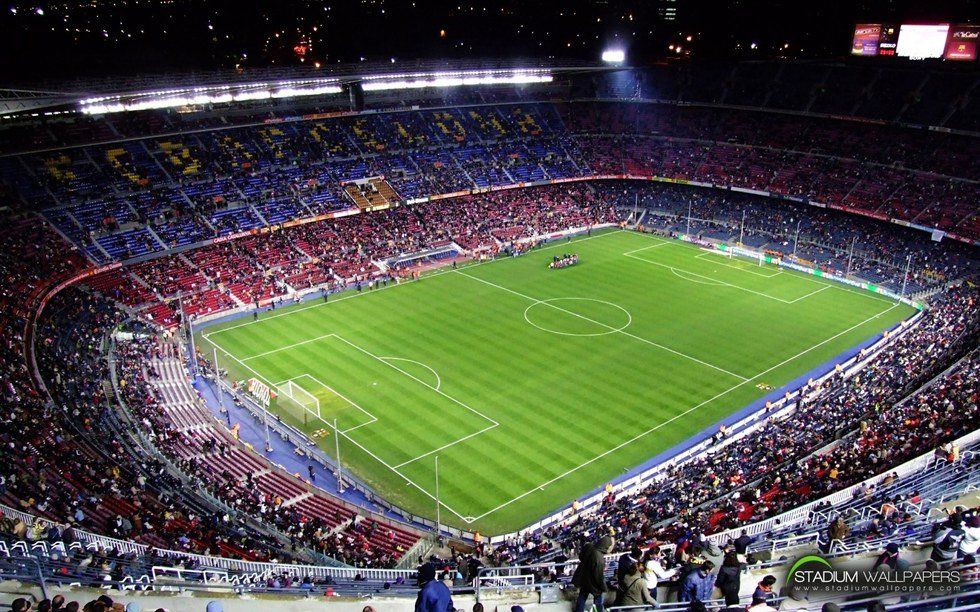With the kickoff of the English Premier League this weekend, soccer season has officially begun. Yet, despite its undisputed status as the world’s most popular sport, soccer has yet to fully carve out a foothold in American sports culture.
Here are 7 compelling reasons why you should buck the trend and start following the “beautiful game.”
1. Match Format
In an era of the increasing commercialization of American sports, soccer is truly a breath of fresh air. Unlike the constant bombardment of advertisements and sponsorships present in popular American sports, soccer games are nearly entirely uninterrupted by commercial breaks. Except for a brief 15-minute half time, soccer games are approximately 90 minutes of nonstop action. No timeouts, no random “brought to you by…” plugs, no endless advertisement breaks.Thus, rather than spending 3+ hours watching a football game for a mere 11 minutes of actual action, enjoy an hour and 45 minutes of pure sport.
2. Lionel Messi
By the time he retires, the world’s current best player will be recognized as the greatest to ever play the sport. Standing at a diminutive 5’6’’, Lionel Messi is truly a wonder on the soccer field. Week in and week out, he produces astonishing moments of sheer genius—carving through entire teams on the way to a solo goal, picking out passes from 40+ yards away, bending lightning quick shots past helpless goal keepers. Name a record or a feat: the Impossible Messi owns it. Your grandchildren will be asking you if you ever saw Messi play. Make sure the answer is “yes.”
3. MLS Growth
Once viewed as a league struggling to find stability, the MLS is undeniably experiencing a period of immense growth and promise these days. With addition of six new clubs in the last five years, Major League Soccer is finally establishing itself as a major American sports league. The league has only recently become a haven for older European stars, including global icons such as Andrea Pirlo, Didier Drogba, and Frank Lampard. Additionally (and encouragingly), young players of immense quality such as Giovanni dos Santos, Michael Bradley, and Sebastian Giovinco have joined the league in the past year. The quality of the MLS is only rising, definitely making it worth paying attention to.
4. Euro 2016
Next summer, the second most prestigious soccer tournament in the world will be taking place. As the younger brother to the World Cup, the European Championship occurs every 4 years and consists only of national European squads. Essentially, in less than a year, some of the world’s finest soccer teams (including powerhouses Germany, Spain, and the Netherlands) will be on display at the Euro 2016 in France. It is a dazzling tournament that features the most elite level of soccer in the world. Be sure to watch some matches this year to gear up for it.
5. Increased US Coverage
A few years ago, it was quite difficult to get solid coverage of European soccer in the United States. Nowadays, there are no excuses in terms of availability. In 2012, NBC secured the rights to the most popular league in the world, the English Premier League, for a whopping $250 million. The network broadcasts nearly every game of the season, featuring iconic soccer clubs such as Manchester United, Arsenal, and Liverpool every weekend. Moreover, Fox Sports only recently bought the rights to broadcast the 2015-2016 season of the German “Bundesliga.” This past January, even the MLS also announced a new TV deal with ESPN, Fox, and Univision that began this current season. Soccer is all over US television these days, be sure to take advantage of this new opportunity.
6. The Global Community
By far and away the most popular sport on the planet, soccer boasts a global community containing literally billions of people. The World Cup final has an audience of nearly 1 billion people, while major American sporting events such as the NBA Finals and the Super Bowl never eclipse more than 150 million. In many countries, soccer is a way of life, a quasi-religion. Indeed, soccer clubs often represent far more than a mere sports team; in many cases, they are a representation of a region of people. For example, F.C. Barcelona is viewed as the ultimate symbol for Catalonian independence, while Liverpool F.C. represents the fierce blue collar ethic of the Merseyside area in England. Supporting a team engages an individual with a worldwide soccer community full of passion and history. The best part? Anyone can join it.





















